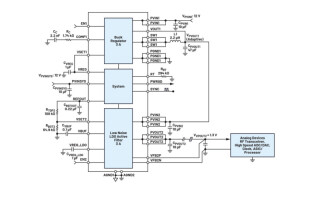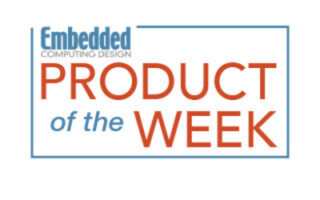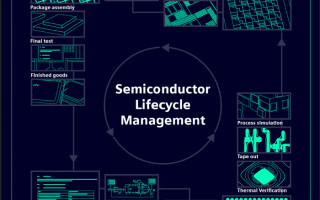Spectrum’s Julia SDK for Brings C-Like Code Performance to Scientific and Numerical Computing
May 15, 2021
News

Spectrum Instrumentation has created a software development kit for the Julia scientific and numerical computing programming language, which allows more than 200 of the company’s digital I/O products, digitizers, and generators to be programmed in the language. The new SDK is free of charge to all Spectrum customers.
Designed for high-performance applications, Julia offers parallelism and includes libraries like optimized source C and Fortran code for linear algebra, random number generation, signal processing, and string processing. Spectrum Instrumentation’s portfolio of systems that acquire or generate fast electronic signals can benefit from the faster processing and reduced latency offered by Julia, especially in applications like robotics or AI.
"We perform complex data acquisition and control, with 30 high speed signals, using three Spectrum Instrumentation cards, operating in closed loop operation 24/7,” said Dr. Josef Höffner from the Leibniz Institute for Atmospheric Physics in Germany, who develops high performance LIDARs and recently adopted Julia to help measure atmospheric temperature and wind speeds.
“Our laser makes 500 pulses per second and we have to calculate, in real time, what has to happen next and adjust the controls. For that we have to get the result quickly. That means fast electronics, fast evaluation and then fast control of the hardware,” he continued. “We have found Julia offers a unique combination of speed and dynamic programming, simplifying the software development."
For more information on how Spectrum Instrumentation and the Julia SDK, visit www.spectrum-instrumentation.com. For a description of how the Leibniz Institute is leveraging Julia and Spectrum Instrumentation products, visit https://amt.copernicus.org/preprints/amt-2021-33.




